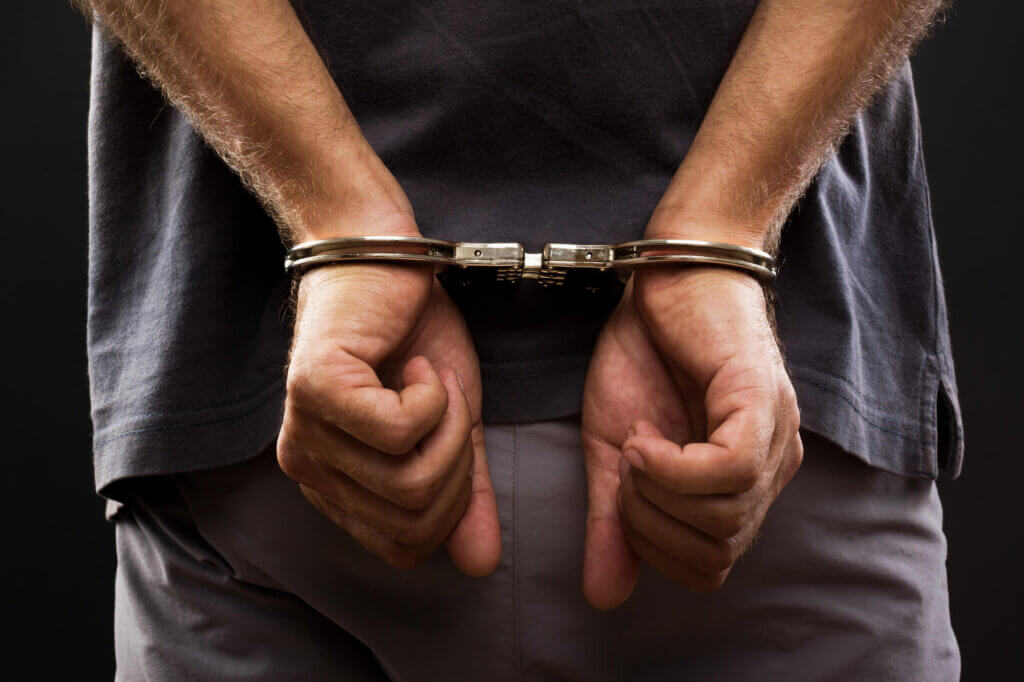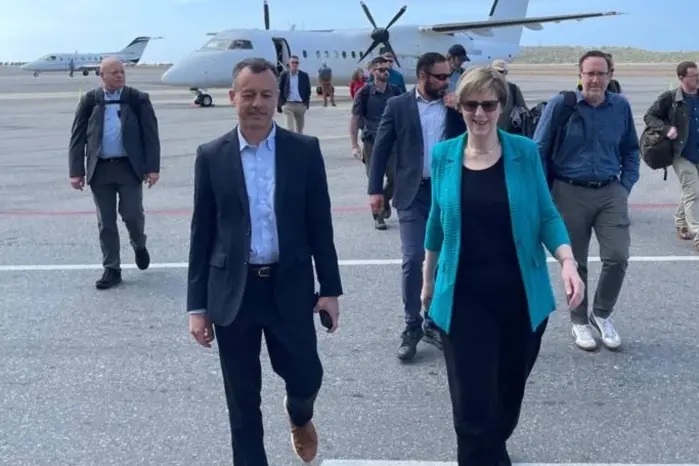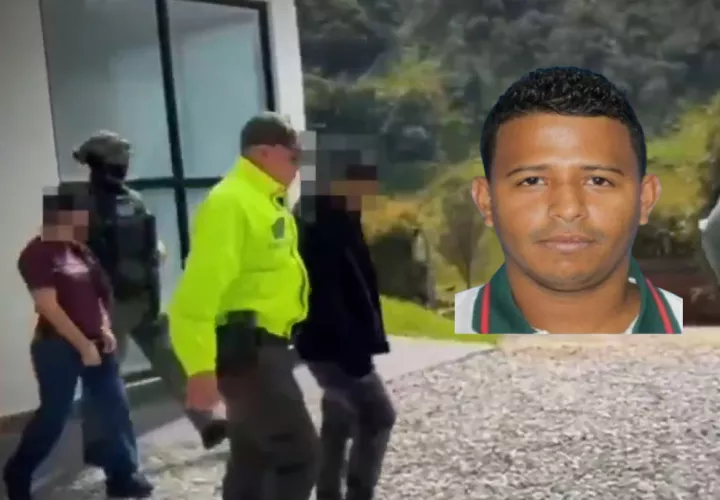Fighting Organized Crime: Panama and USA

The U.S. government has allocated more than $12 million in the last two years in support of security assistance for Panama through the U.S. Embassy’s Bureau of International Narcotics and Law Enforcement (INL). The aid includes technology, equipment, training, communications services, and infrastructure, among others, for the institutions of the Ministry of Public Security.
“Panama’s achievements in the fight against drug trafficking and transnational organized crime are impressive,” said U.S. Ambassador to Panama’s Mari Carmen Aponte. “These results speak to the professionalism and dedication of its security services and the benefits of its collaboration with the United States.” Donations include projects such as the renovation of the checkpoint in Guabalá, Chiriquí province, bordering Costa Rica. Additional support included materials for the construction of Panama’s drug incinerator; the implementation of gang prevention programs, which have benefited some 140,000 people at risk; the refurbishment of buildings for security units; and significant assistance for the National Border Service (SENAFRONT) and the National Migration Service. This support allowed the Ministry of Public Security to improve its investigative capabilities to combat financial crimes.

For his part, Panama’s President Laurentino Cortizo thanked the U.S. government for its spirit of cooperation and goodwill, a strategic and commercial partner throughout the history of the republic.
On January 11, the Border Protection Profiling and Analysis Unit was created, yet another project with U.S. support, to provide information on threats to border security in the region, especially terrorism, human trafficking, drug trafficking, and illicit trade. In just three months, this unit generated 1,148 security threat reports, including drug traffickers, murderers, document forgers, and alerts on pending cases. The Biometric Data Sharing Program has profiled nearly 24,000 people, allowing authorities to arrest Interpol-wanted criminals. So far in 2024, the Joint Task Force against Money Laundering and Corruption, which both countries created in 2020, carried out 25 operations, 215 search procedures, apprehended 188 criminals, and seized more than $13 million.
In addition, to help reinforce security on the borders with Costa Rica and Colombia in their fight against human and drug trafficking, the United States donated more than 60 military vehicles to Panama’s SENAFRONT and National Air and Naval Service. This equipment is also used in counter-terrorism operations in border zones and remote areas. Panamanian authorities have highlighted the cooperation that exists between the United States and Panama especially in the security sector.





